Nespresso to invest US $20 million in the DRC: Specialty coffee should pay attention
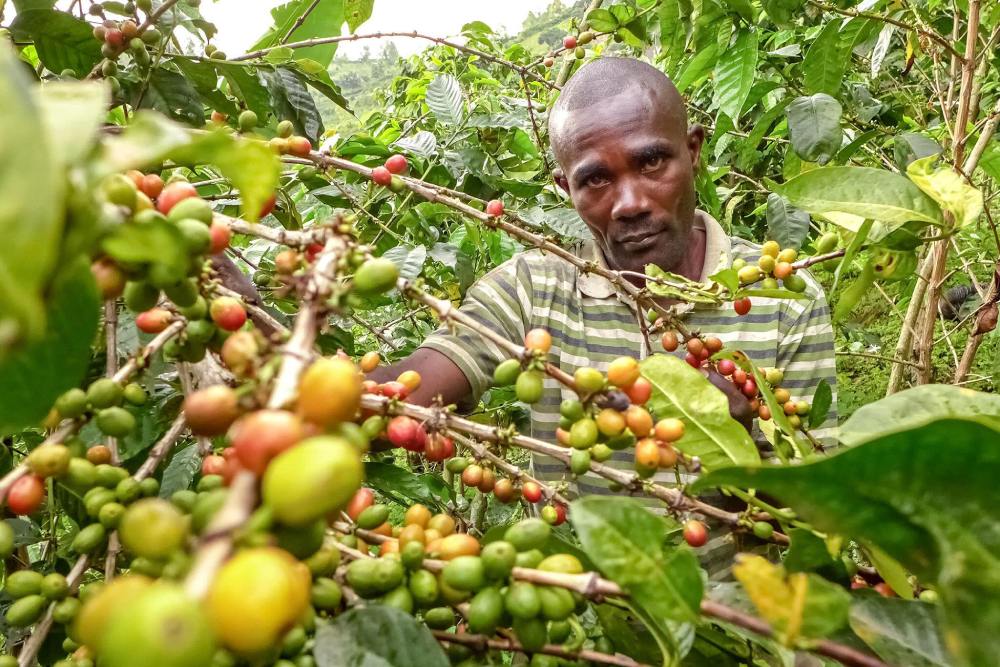
The specialty coffee industry is always on the lookout for emerging origins to experience new flavours and untap the full potential of coffee quality. So with the recent news that Nespresso pledges to invest US $20 million in the Democratic Republic of Congo’s (DRC) coffee sector, interest from specialty coffee roasters is also likely to rise.
In recent years, the DRC has been considered a “reemerging” specialty coffee origin – with high-quality arabica production steadily increasing. But it seems we’re still yet to see the country’s coffee sector reach the heights it once did just a few decades ago.
Throughout the 1970s, the country was one of Africa’s biggest coffee exporters – but decades of conflict and political instability have sadly changed this. So it’s clear the DRC still faces significant challenges to establish itself as a prominent specialty coffee producer. With the right level of support, however, this could change – and Nespresso’s investment could certainly help.
To learn more, I spoke to Jim Ngokwey and Linda Mugaruka of Mighty Peace Coffee and Kambale Kisumba Kamungele of Tsongo Kasereka. Read on for more of their insight.
You may also like our article on gender equity in the Democratic Republic of Congo’s coffee sector.
Why is Nespresso investing in the DRC?
As one of the biggest players in the global coffee market, Nespresso has a big influence on industry trends and developments. On 27 March 2024, the company announced it will invest US $20 million in the Democratic Republic of Congo to revive specialty coffee production by 2026.
Nespresso also reported that it aims to raise an additional US $20 million to support coffee-growing communities in Kivu – a region in the DRC which borders Uganda and Rwanda.
This hefty investment is part of the brand’s Reviving Origins programme, which strives to support producing communities where coffee farming is “under threat – whether through civil conflict, economic hardship, or natural disaster”.
Since its launch in the DRC in 2020, the Reviving Origins initiative has supported coffee production around Lake Kivu. People in the area have faced mass displacement, a severe humanitarian crisis, and human rights violations for two decades now, so international support and investment is essential to the future of the region’s coffee sector.
Kambale Kisumba Kamungele is the Export Director at Tsongo Kasereka – a commodities exporter in the Nord-Kivu Province of the DRC. He is also an Implementation Consultant at TechnoServe, with a specific focus on Bukavu in South Kivu.
“Nespresso’s investment is a clear indication that it recognises the tremendous potential of the country’s coffee sector, and believes in its capacity to produce high-quality coffee that can meet global demand,” he tells me.
“There are certainly several possible strategic reasons for the investment,” he continues. “Sourcing high-quality coffee is essential to maintain the brand’s reputation, and supporting farmers and their communities aligns with the company’s social responsibility and sustainability goals.”
Exploring the untapped potential of Congolese specialty coffee
Africa is known for producing some of the highest quality coffee on the market, and the Democratic Republic of Congo is no exception. Yet in comparison to countries like Kenya, Ethiopia, Rwanda, and Burundi, the DRC unfairly has less of the spotlight in specialty coffee.
Linda Mugaruka is a partner and the Chief Quality Officer at Mighty Peace Coffee – a social impact coffee company which sources exclusively from the DRC. She believes that Nespresso’s recent investment is an indication that this is changing.
“It shows that existing statements and conversations about the potential of the DRC’s coffee sector are not simply the result of wishful thinking from optimistic people, but rather the reality that many others will see in the future,” she says. “And the hope from the Congolese coffee sector is that a multinational of that size will build and invest in local infrastructure, and not just seek a transactional and extractive relationship with the DRC’s coffee ecosystem.”
For the country’s coffee industry to grow sustainably, this is absolutely critical. The Congo is rich in natural resources, including lithium and cobalt – and the extraction of these resources continues to result in violence, conflict, and environmental degradation in the region.
Meeting – and exceeding – specialty coffee standards
Jim Ngokwey is a Managing Partner at Mighty Peace Coffee. He emphasises that Nespresso’s decision to invest in the DRC indicates just how much potential the country has to become a prominent specialty coffee origin.
“It’s safe to assume that a company of that size has the agronomists, scientists, accountants, and risk management experts to make smart decisions regarding where to invest and what returns to expect in the short, mid, and long-term,” he tells me. “Given these resources, I believe that Nespresso identified the DRC as a country which shows promise. It has the potential to be one of the top five coffee producers in the world, so it’s smart of them to invest now while others are still hesitating.”
During its height, the DRC was exporting up to 120,000 tonnes of coffee every year. Following decades of civil unrest and political and economic instability, these levels have since dropped to 10,000 tonnes per annum – but long-term investment could help revive the sector to its full capabilities in the future.
“The quality potential is unlimited, too” Jim says. “Congolese coffees are winning international competitions, earning 90+ scores, and being served at some of the world’s best known roasteries and coffee shops.
“From fruit-forward lots with pleasing acidity to milder coffees with chocolate and caramel notes, the Congo grows coffee that can match a diverse range of palates because of its vast landscape,” he adds. “In blind cuppings, Congo coffee is often mistaken for Colombians, Kenyans, and Ethiopians.
“This is due in part to its size,” Jim continues. “It’s Africa’s second-largest country and its major coffee producing provinces of North Kivu, South Kivu and Ituri, are larger than many other countries on the continent.”
Addressing challenges to make real progress
Although the DRC can undoubtedly grow high-quality coffee, it’s still important to recognise that the country’s producers face significant challenges. Kambale says these include:
Inadequate infrastructure
Political instability and conflict
Funding and resource constraints
Changing weather patterns
“There is a lack of widespread awareness about the availability, quality, and quantity of coffee that the country produces,” Jim tells me. “There are also fears about the reliability of the local supply chain, which is limiting market demand.”
After decades of conflict and political instability, Transparency International ranked the DRC 166th out of 180 countries on its Corruption Perceptions Index in 2023. While its position has remained relatively stable over the past couple of years, higher levels of corruption can inevitably impact the trade of commodities – meaning roasters may be deterred from sourcing coffee.
“There is also a significant infrastructure gap which restricts market access,” Jim adds. “Long-term planning and investments between the public and private sectors could solve many of these challenges.”
Linda believes Nespresso’s Reviving Origins programme could be a part of the solution, but emphasises that working in partnership with local people on-the-ground is absolutely essential to making real change.
“Despite the many opportunities in the DRC, Nespresso (and other companies) should also take into account global warming and how it will affect agriculture in general, and coffee in particular,” she says. “These companies should have plans to address these challenges alongside the communities they will source their coffee from.”
Tapping into the robusta market
Interest in the DRC’s arabica production has been growing in recent years. But with a renewed focus on high-quality robusta in specialty coffee – and prices at a record-high – the country’s coffee sector could find even more success here.
“The DRC has a unique story,” Kambale says. “It’s the home of robusta, with more than 200 different ethnic groups living in the country.
“With the current growing interest in robusta coffee globally – and given the DRC’s history as a robusta-producing country – it should seize this opportunity,” he adds.
There’s no denying the quality potential of coffee from the DRC. But for the country to become a more prominent specialty coffee producer, farmers are going to need plenty more support.
“In the coming years, I envision that awareness about the quality of Congolese coffee will be more widespread – it will no longer be an industry secret,” Jim concludes. “And with the right governmental policy and investment from domestic and international buyers, the DRC’s coffee sector will take steps toward living up to its full potential, and will build a reputation as an important actor in the global coffee economy.”
Enjoyed this? Then read our article on coffee and conflict in the Democratic Republic of Congo.
Photo credits: Mighty Peace Coffee
Perfect Daily Grind
Want to read more articles like this? Sign up for our newsletter!
The post Nespresso to invest US $20 million in the DRC: Specialty coffee should pay attention appeared first on Perfect Daily Grind.
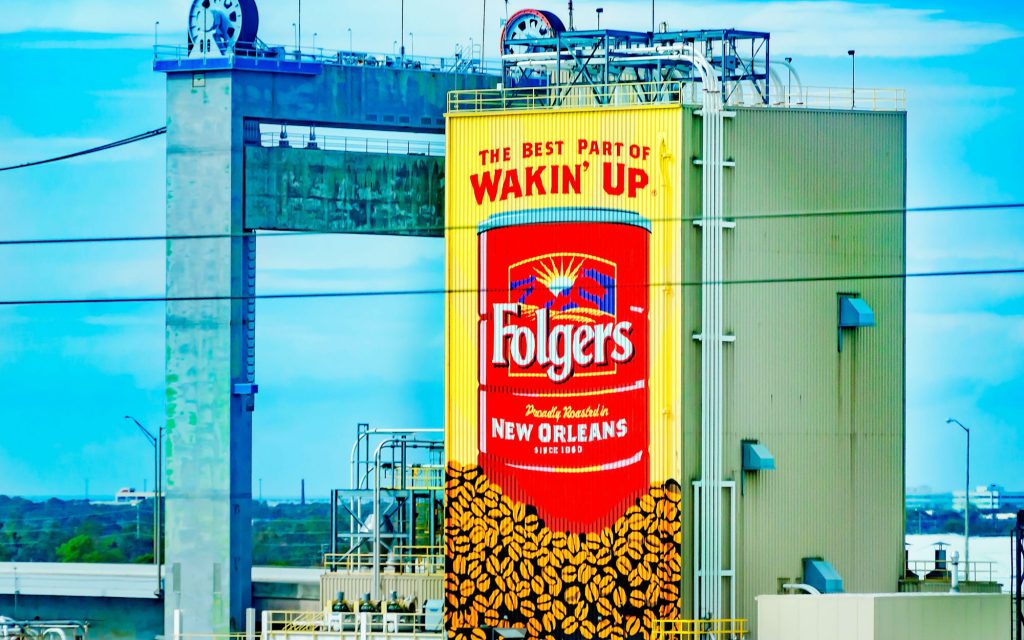
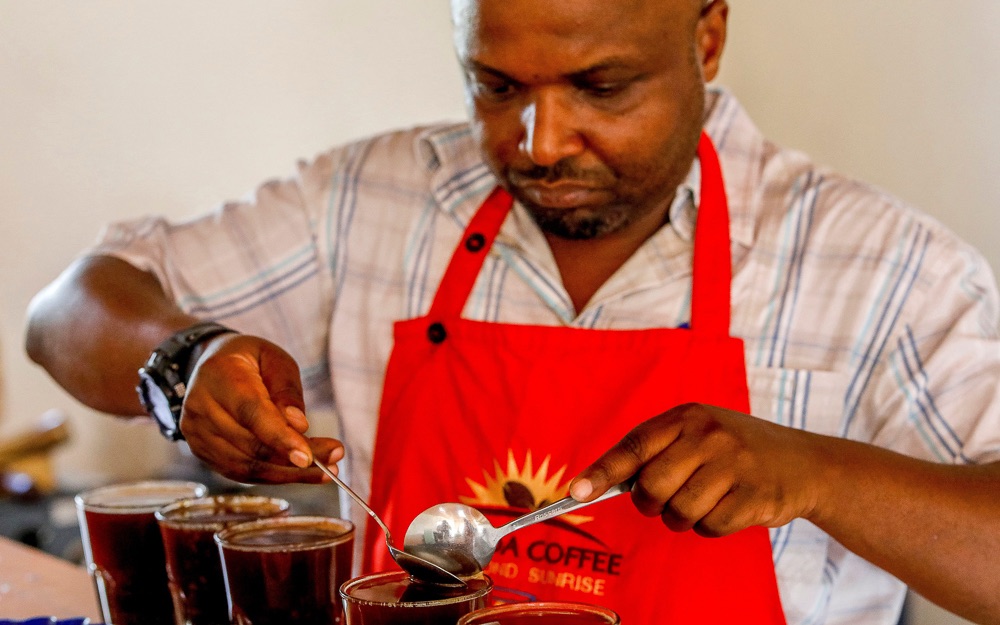

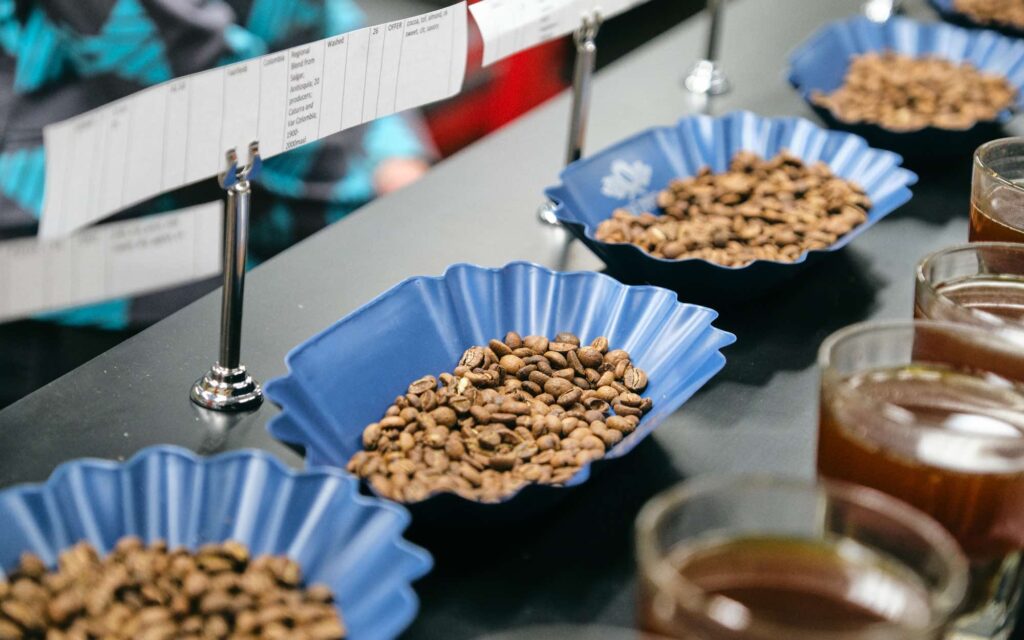
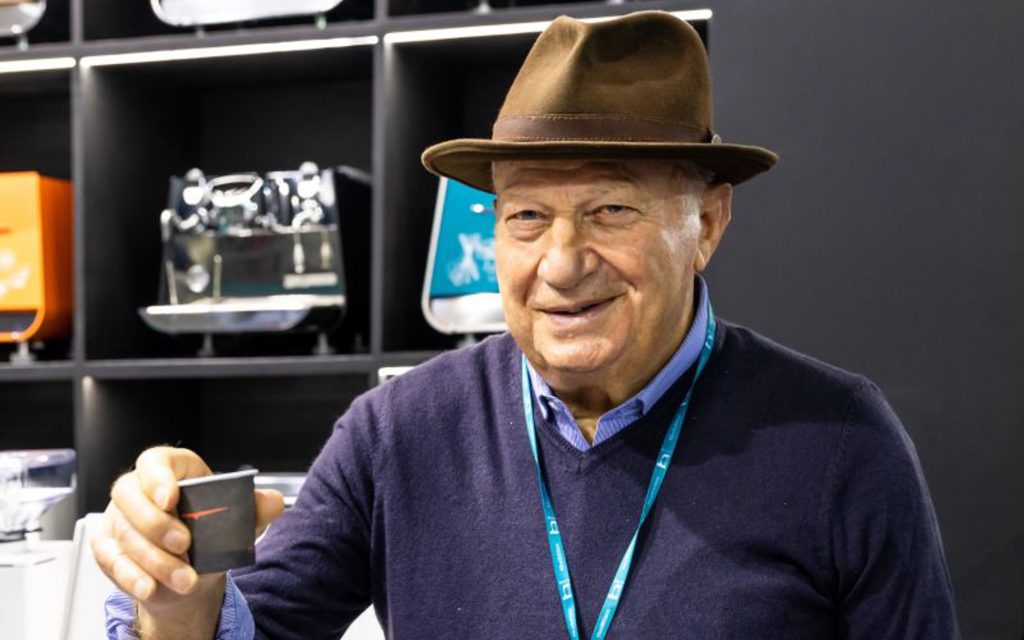
Responses